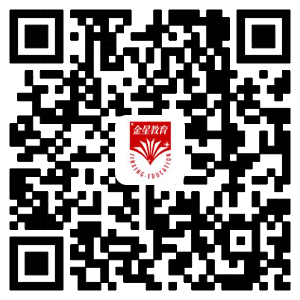come 和 go 都可用作连系动词,表示事物状态的变化。
The handle has come loose. 这个把柄松了。
This envelope has come unstuck. 这封信开了。
Wrong never comes right. 错的永远不会变成对的。
Your shoe-laces have come undone. 你的鞋带散了。
The package is about to come unwrapped. 那个包快散开了。
The children went wild with excitement. 孩子们欣喜若狂。
She went pale at the news. 听了这消息她脸色变得苍白。
He went mad in the end. 最后他疯了。
Fish soon goes bad in hot weather. 大热天鱼很容易坏。
The children must not go hungry. 孩子们不应挨饿。
两者之后所接形容词通常各有其特点,有时还可从好坏方面去区别:即 come 用于“好”的变化,go 用于“坏”的变化。如:
The meat has gone bad. 这肉变味了。
Something has gone wrong with the radio. 这收音机什么地方出了毛病。
Things will come right. 一切会顺利地进行。
Her dream has come true. 她的梦想实现了。
表示人的生理变化通常用 go。如:
go blind 变瞎
go deaf 变聋
go grey 两鬓渐白
但是 go 通常不与 old, ill, tired 等连用。
